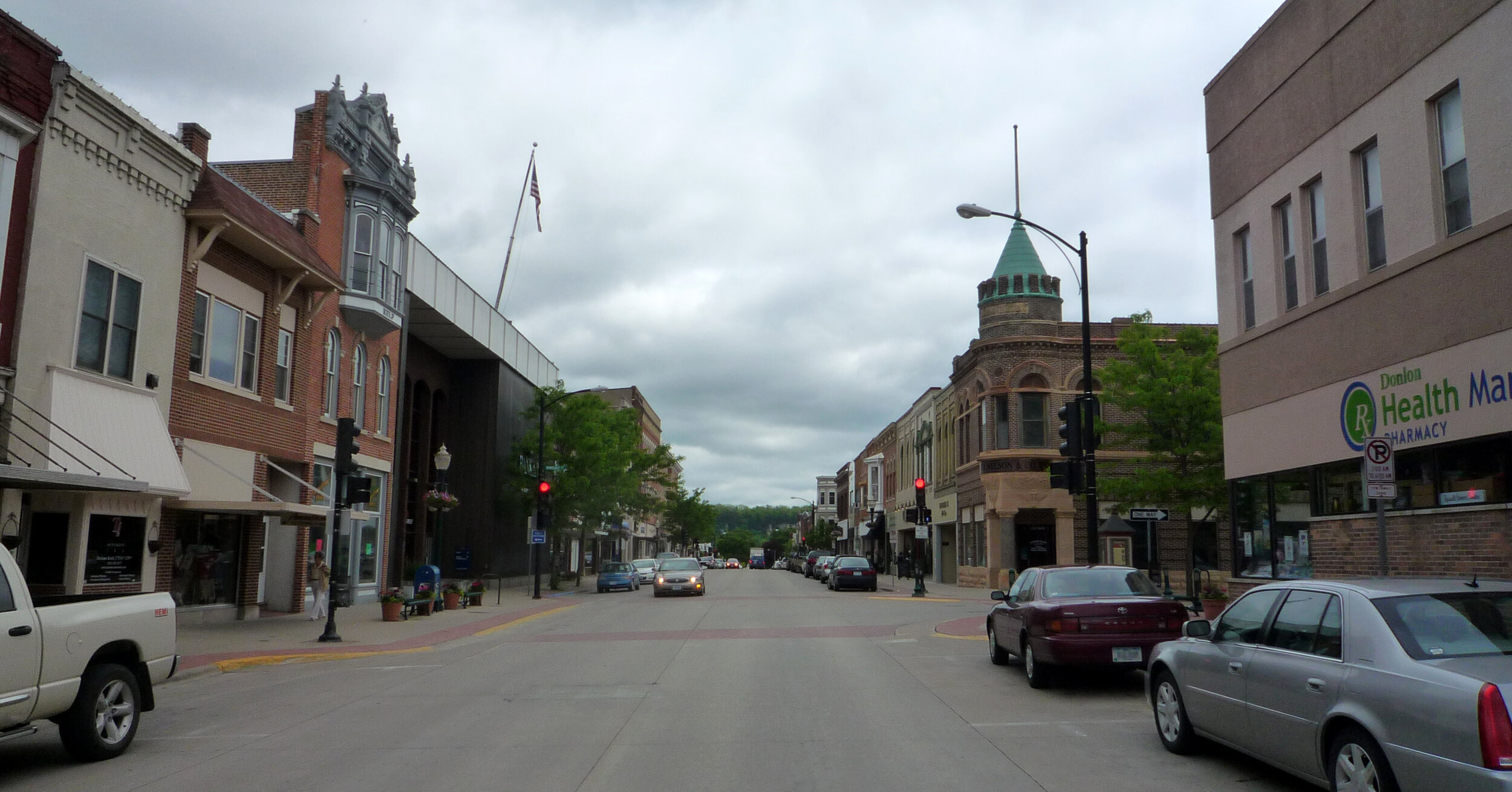They’re tying their plans to economic growth. There’s just no other path for long-term job creation and a strong, sustainable tax base. It’s important for a community to know where its revenue comes from and, more importantly, know what isn’t generating revenue. For example, don’t build a beautiful bike path unless you are confident that it’s part of a plan that will ultimately spark economic growth.
They’re getting smart about the psychology of change. It’s only human to resist change, even when we know we need it. Someone is going to object to even the best-laid, most well-thought-out plans. That’s why leaders go into change initiatives expecting barriers and crafting plans to deal with them. The whole community will never get behind anything, so don’t waste energy on trying to convince the unconvinceable.
They’re connecting change initiatives to what citizens care about most. For example, it’s important not just to throw data at people, but rather to find a “burning platform” that speaks to their emotions. People make decisions with their hearts, not minds. You have to connect to something they care about. In Pensacola our burning platform was: What can we do to keep our children and grandchildren from leaving town? Once we framed the issues that way, we were able to get momentum behind the change.
They’re using objective data to drive decisions. Community dashboards keep critical metrics front and center. Just like a company, a community needs objective metrics to know how healthy they are, to identify areas that need improvement, and to gauge progress over time. They need to see all of them together and updated regularly. Think of how the dashboard of a car shows gas, oil, engine performance, temperature, and so forth. It’s a way to constantly be asking, How is our community doing on areas that are important to us? Wages? Crime? Education? High school dropout rate?
They’re rebuilding their downtowns. To attract businesses and talent to a community, it must have a walkable, livable, vibrant downtown with lots of great restaurants, shops, fun activities, and trendy residential areas. Young people, in particular, want to live, work, and play in the same area. When you start by revitalizing your downtown, it gets people activated and sparks growth in the rest of the community.
They’re making education a priority. A strong education system creates a strong talent base and appeals to investors. That’s why leaders are doing everything they can to improve theirs. In 2014 Pensacola had a 66 percent graduation rate and also a 66 percent kindergarten readiness rate. We connected the dots and realized if we focused on early brain development, we could impact graduation rates long-term. So we started a pilot program with local hospitals to work with new mothers. Now we are on track to become America’s first Early Learning City.
They’re getting aggressive about attracting investors. Local, organic investment is great. Leaders do everything they can to find, engage, and attract investors who already live in or have ties to the community. But they also know they need to attract external investors. This is both a science and an art. The “science” part is the dashboard, because it gives investors the metrics they need to know. The “art” part is the compelling story you build around that data: Does your community have a high graduation rate? Are there a lot of Millennials? Is the cost of living affordable? Focus on these selling points.










